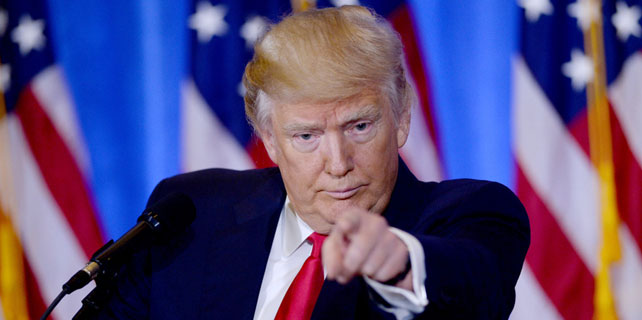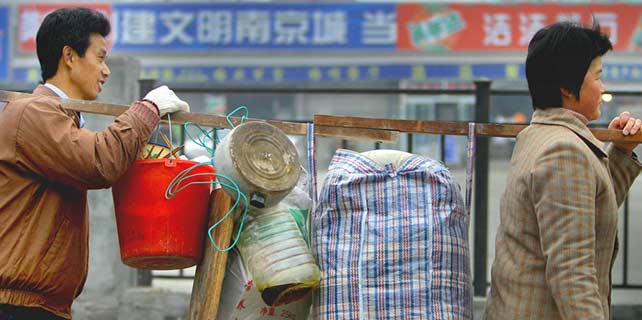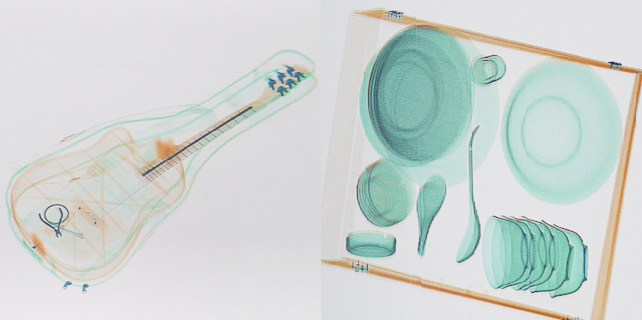A South Africa literature welcomes its Chinese version
Back to South Africa in 1989, people were fighting a battle against the forces of apartheid. They fought on behalf of the whole nation.
With the help of South Africa embassy in China, a Mandarin version of The Texture of Shadows, a fictional novel based around a group of such fighters, was unveiled on Thursday. It is the first novel by celebrated South African author Mandla Langa to be translated into Chinese.
Based on actual events, the book follows a band of exiled fighters from what was known as the People's Army. They decide to return to South Africa in 1989 on a dangerous secret mission after hearing a rumor that jailed African National Congress leader Nelson Mandela is to be released from prison and the ban on national liberation movements lifted.
The book sheds light on the struggle in South Africa between apartheid government forces and the ANC's armed wing, Umkhonto we Sizwe (MK), exploring the inside story of MK fighters and offering a frank view of the underbelly of the liberation movement, as well as the complex post-liberation narrative.
Rather than focusing on battles or weaponry, Langa focuses on the long transition from armed struggle and return from exile, delving deep into the reality that existed at the time.
The highlight of the book comes in the period from the end of 1989 to the beginning of 1990, a remarkable time in South African history.
"The characters were based on real people," the author said. "And inevitably the book has something of ‘me' in it."
As a former freedom fighter himself, Langa chose writing as a way of recording stories from that period. Through writing, he could express himself and also recover from some of the trauma and pain.
"Mr Langa's novel cannot help but stir up all manner of thoughts in one's mind about where we as South Africans come from," said Ambassador Dolana Msimang, speaking at the South Africa embassy in Beijing.
She said she hoped the book would whet the appetite of Chinese readers and encourage them to enjoy more of South Africa's literature.









